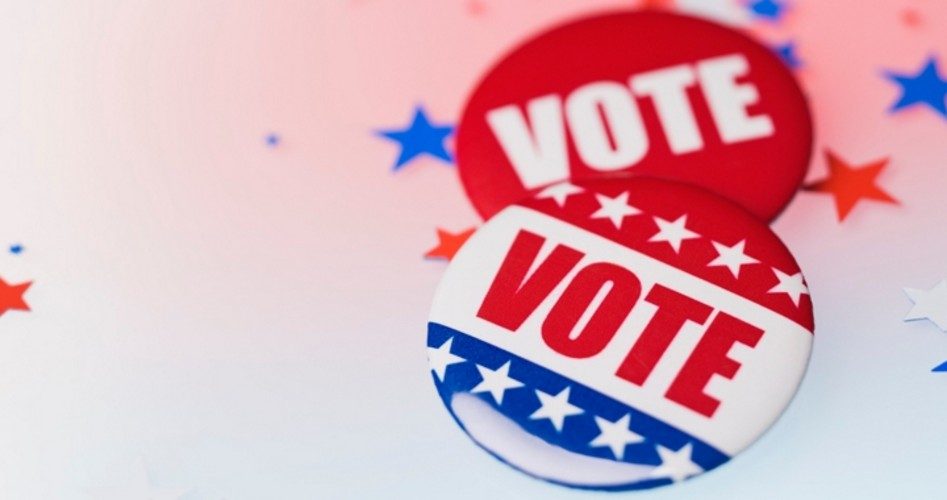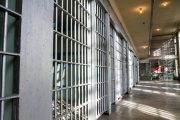
Several U.S. cities are considering proposals to give non-citizens — including illegal immigrants — the right to vote in local elections. Several cities, including Chicago and San Francisco, already permit the practice.
Evidently, the same liberals who are so appalled at the notion that a foreign entity may have “colluded” with a U.S. presidential candidate are just fine with foreign nationals actually voting in our elections. Ok, then.
The practice is not without precedent. In the early years of the country, being a male property owner was more important than citizenship. Throughout America’s history, up to the 1920’s, as many as 40 separate states or territories allowed non-citizens to vote. Sometimes, non-citizens were even allowed to hold local office.
At the federal level — presidential and congressional elections — it is illegal for a non-citizen to vote, owing to a 1996 law that makes it a felony for a non-citizen to cast such a vote. But the same is not true at the local and state level. Dozens of localities across the United States not only allow non-citizens the right to vote, they encourage it.
Takoma Park, Maryland, a Washington, D.C., suburb, has allowed non-citizens to vote since 1992. Chicago allows non-citizens to vote in school-board elections, and San Francisco voted in 2016 to allow immigrants — legal or not — to vote in school-board elections provided they have a child in the school system.
Last year, College Park, Maryland, became the 11th municipality in Maryland to allow non-citizens to vote. Mayor Patrick Wojahn lauded the move, believing that it makes local officials more accountable. “To me, expanding access to the right to vote in our city is something that expands our community voice, not something that contracts it,” Wojahn told the Washington Post.
But Ira Mehlman, a spokesman for the Federation for American Immigration Reform (FAIR), called College Park’s decision “a slippery slope,” believing that this local push for non-citizen voting will eventually become a national push, leading eventually to allowing non-citizens to vote in federal elections.
“If anybody who wanders in has the same right — and an equal right — on how this country is run then, essentially, the whole concept of the nation becomes meaningless.”
In Portland, Maine, a proposal to allow non-citizens to vote in local elections is being pushed by Mayor Ethan Strimling and City Counselor Pious Ali. Despite the same idea being rejected by Portland voters in 2010, Strimling is trying again, hoping voters have changed their minds.
“It’s a big step,” Strimling said. “I expect us to take our time to get it right and bring in as many voices as we can.”
Boston is also seriously considering amending its laws to allow non-citizens with legal residency the right to vote. City Council President Andrea Campbell is among those championing the idea, especially for immigrants who feel “threatened” because of President Trump’s crackdown on illegal immigration.
“This is an opportunity for us to say, ‘No, we stand with you, we’re listening to you, and we want you [non-citizens] to be part of some of these conversations,” Campbell said.
Karl Becker, whose wife is a permanent legal resident from Malaysia, believes that not allowing her to vote smacks of taxation without representation. “Boston is where the fight against taxation without representation [began] way back in 1773,” Becker said. “My wife has lived in the U.S. for over ten years, and currently is experiencing a flavor of taxation without representation.”
One wonders, if that is the case, why doesn’t Becker’s wife take the necessary steps to become a U.S. citizen? She can start the naturalization process by filing form N-400 with the U.S. Citizenship and Immigration Services.
Boston City Councilor Ed Flynn disagrees with Campbell and Becker. “The right to vote is a privilege reserved for U.S. citizens,” Flynn said at a council meeting on July 10. “The right to vote is a unique characteristic and privilege reserved for those individuals who have gone through the extensive citizenship application process.”
Since Takoma Park, Maryland, introduced the idea back in the ’90s, multiple jurisdictions in many states have considered similar action. Communities in New York, Massachusetts, Washington, D.C., California, Maine, Colorado, Minnesota, Wisconsin, Connecticut, Vermont, New Jersey, North Carolina, and Texas have all considered allowing non-citizens to vote.
Citizenship in the United States used to mean something. Those stirring ceremonies with immigrants taking the Citizenship Oath used to be what immigrants to this country aspired to. This leftist push to allow non-citizen voting is a slap in the face to every immigrant who has ever taken that oath.





